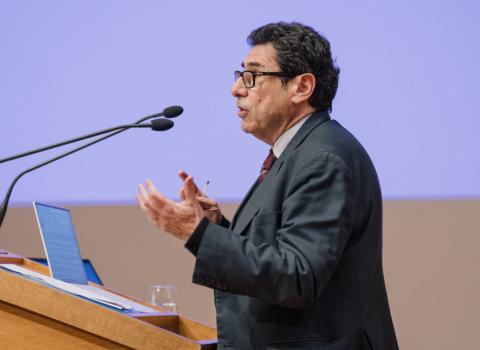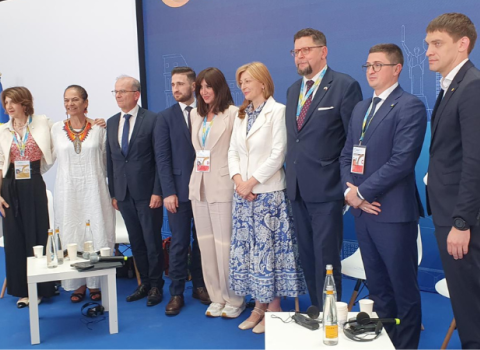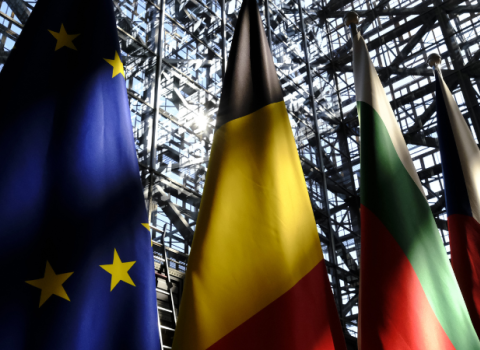The Commission announced a joint technology initiative for Europe’s electronics sector - Electronic Components and Systems for European Leadership (ECSEL) - which will bring in almost €5 billion of funding from the EU, member states, and the industry, to boost manufacturing capacity in the sector.
ECSEL will have an EU contribution of up to €1.2 billion, matched by the contribution from Member States, with the industrial partners putting in around €2.4 billion.
This underlines the strategic importance of electronics, not only as an important sector in its own right, but also as one that underpins many other industries. “It’s not just about one sector, it’s about all the sectors that are enabled by electronics,” said Neelie Kroes, EU vice president, launching ECSEL in Brussels yesterday (10 July).
Cars, planes, trains, medical and health equipment, home appliances, energy networks and security systems, will all benefit from advanced European capabilities and capacity to design and manufacture state of the art electronic components and systems, Kroes said “The fact is, electronics supports and enables a huge value chain, reaching across the economy.”
Electronics is “a strong and strategic sector that has grown around 5 per cent per year since 2000. In Europe today it directly employs 200,000 people. And there is huge demand for more skills and more workers,” Kroes said.
The ECSEL programme will reinforce Europe’s existing world class electronics clusters, such as that in Dresden and prevent Europe’s market share from declining further. The plan that is in place would see a doubling of chip production by 2020, which would mean Europe outpaced the US in semiconductor manufacture, Kroes claimed.
ECSEL is the largest of the five JTIs announced by the European Commission as a key part of the €70 billion Horizon 2020 research programme, which gets underway in January 2014. ECSEL is a merger of two existing JTIs funded under the current Framework Programme 7, the ARTEMIS initiative on embedded systems and the ENIAC project on nano-electronics, both of which were set up in 2008. It also incorporates research and innovation on smart systems.
Amongst the initiatives aims are to reverse the decline of the EU's global share in the electronic components and systems area; to maintain Europe's leadership in areas such as embedded systems, semiconductor equipment and materials supply, and the design of complex electronic systems; and also to increase energy efficiency and improve security.
Kroes said she had received a lot of support when she presented the ECSEL programme to the Council. “Electronics is a source of future growth: information and communications technology is becoming more and more important. But it’s not just electronics [per se], it is emerging across the board. We are investing in our digital future.”





 A unique international forum for public research organisations and companies to connect their external engagement with strategic interests around their R&D system.
A unique international forum for public research organisations and companies to connect their external engagement with strategic interests around their R&D system.